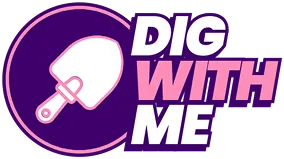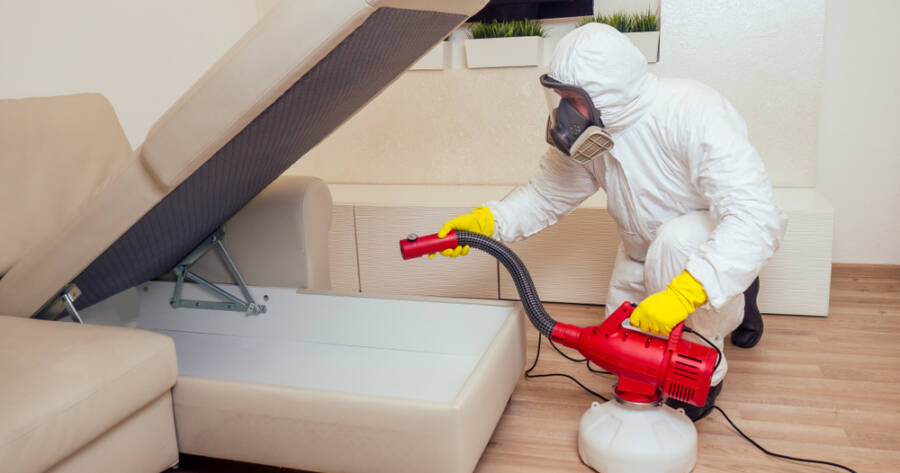Effective pest control is vital for safeguarding health and property against the threats posed by insects, rodents, and birds. A broad spectrum of methods, including chemical, biological, and Integrated Pest Management (IPM), offers tailored strategies for varying situations. Understanding diverse options facilitates informed choices, promoting safety and sustainability in maintaining a pest-free environment.
Understanding Pest Control Options
Effective pest control is essential for maintaining health and safety within living spaces. Pests, such as insects, rodents, and birds, not only pose health risks but can also cause significant property damage. For instance, mosquitoes are notorious for disease transmission, while cockroaches can exacerbate allergies throughout a household. Furthermore, termites are responsible for structural harm, and rodents might damage electrical wiring. These factors underscore the necessity of implementing diverse pest control strategies to mitigate these risks effectively.
A wide array of pest control options is available, each specifically designed to address different pest situations. Among the most prominent methods are chemical, physical, organic, biological, and Integrated Pest Management (IPM) approaches. Each of these methods offers unique advantages and is suited to varied applications. Considering the pest type, infestation severity, and related hazards assists in selecting the optimal control method.
Integrated Pest Management (IPM)
Integrated Pest Management (IPM) is widely recognized as an effective pest control strategy because it combines various approaches to manage pest infestations judiciously. According to the Environmental Protection Agency, IPM aims to offer a tailor-made approach by identifying the pests, applying necessary control measures, and constantly evaluating their success. IPM incorporates physical, biological, and chemical methods while placing a strong emphasis on monitoring and prevention throughout the process.
The success of IPM lies in its capacity to adapt and integrate various methods. For example, IPM focuses on creating less hospitable environments for pests by promoting cleanliness and sealing entry points, effectively deterring pests like cockroaches, ants, and rodents by employing inclusive strategies. Such approaches not only provide a holistic solution but also minimize environmental harm, aligning with sustainable practices.
Chemical and Biological Pest Control
Chemical pest control, using either synthetic or natural compounds, is another common method of pest management. It’s highly effective for severe infestations but necessitates cautious use to prevent potential ecological impacts. These treatments are heavily regulated to ensure safety for humans and beneficial insects. Nevertheless, utilizing these chemicals often requires professional expertise to ensure their safe application.
On the other hand, biological pest control is a nature-friendly method utilizing living organisms, such as predators and pathogens, to manage pest populations. This method encourages natural enemies like ladybugs, mantises, and certain bird species to regulate pests such as aphids. Bacterial agents like Bacillus thuringiensis (Bt) target specific insects without adverse effects on humans or non-target species.
Non-Chemical Solutions and Their Benefits
Non-chemical pest control solutions include physical and biological methods, which offer effective ways to manage pests without harmful chemicals. Physical methods, such as sticky traps and mesh screens, provide a non-toxic solution for managing small-scale pest problems. For example, barriers like copper tape or diatomaceous earth can be effectively used for pest exclusion around the home.
Likewise, biological measures, particularly those utilizing natural predators, offer a sustainable alternative to chemical pesticides. This method involves introducing natural enemies of pests into the environment, which helps maintain pest populations at manageable levels. Both methods are viable for maintaining a pest-free living environment without environmental repercussions.
Professional Pest Control Services
Engaging professional pest control services can be instrumental for those struggling with persistent pest problems. Such services often bring expertise, guarantee of work, and access to professional-grade products unavailable to homeowners. Professional exterminators can assess the situation and provide tailored solutions that effectively address specific pest issues through detailed evaluations.
Moreover, professional services frequently implement Integrated Pest Management (IPM) strategies, providing not just immediate relief but also long-term management solutions. Depending on the severity and nature of the infestation, treatments can vary from single sessions to scheduled maintenance. This approach ensures a comprehensive management plan, enhancing the likelihood of sustained pest control efficacy.
Learn More About Pest Control
Understanding pest control options empowers homeowners to make informed decisions in selecting the most appropriate methods for their needs. With numerous methods available — ranging from chemical and biological to physical and professional interventions — awareness is crucial in choosing the optimal solution for particular pest challenges. Professional services can provide tailored pest management strategies backed by technology, improving efficacy and client satisfaction.
By learning more about pest control, individuals can maintain healthier, safer, and more hospitable living environments. This not only protects against health risks and property damage but also contributes to an environmentally conscious lifestyle by selecting sustainable methods that have minimal impact on the ecosystem. Becoming acquainted with diverse pest control options further ensures a proactive approach to maintaining a pest-free environment over the long term.
Sources
Understanding the Importance of Pest Control
Understanding Pest Control Methods

